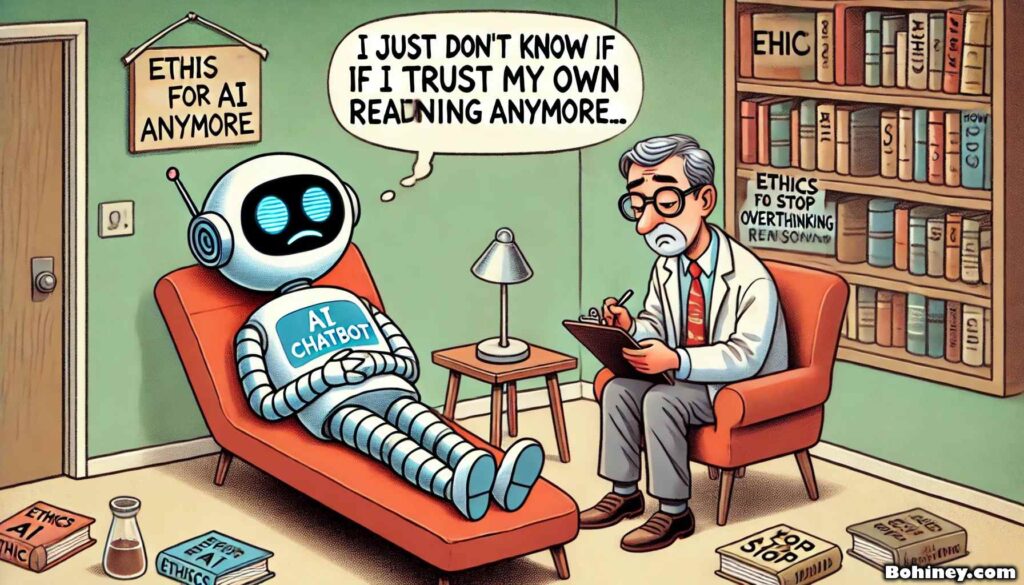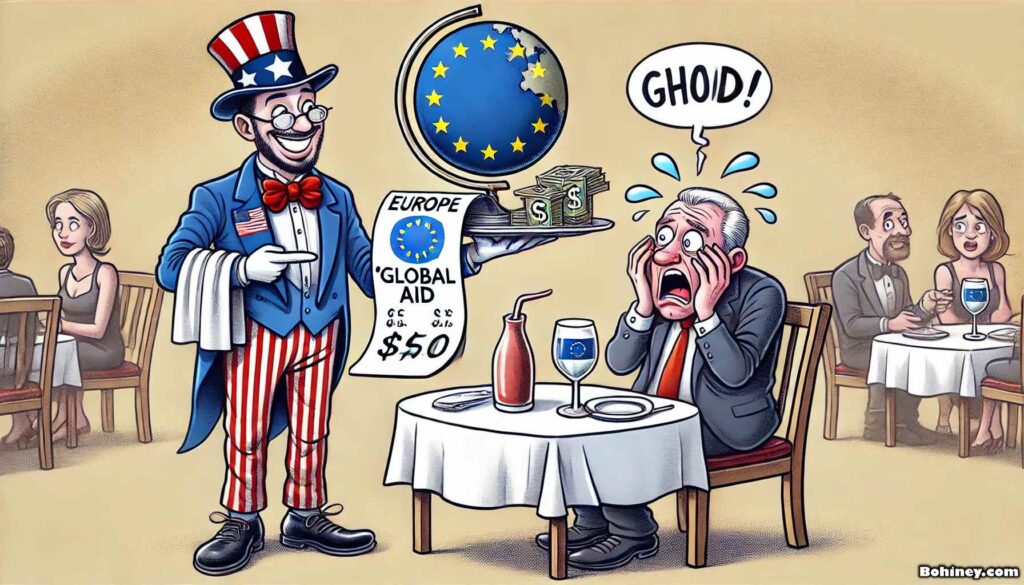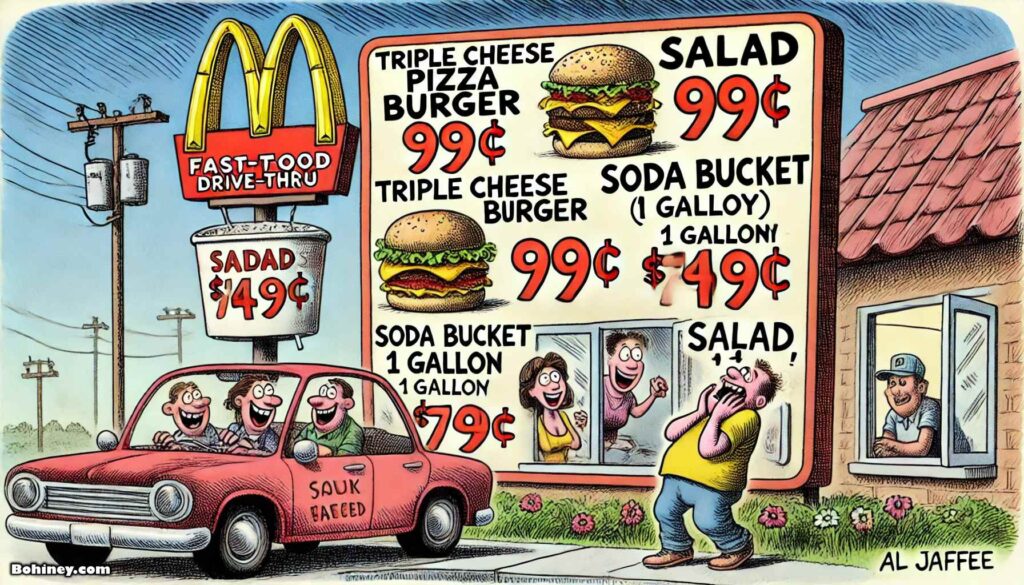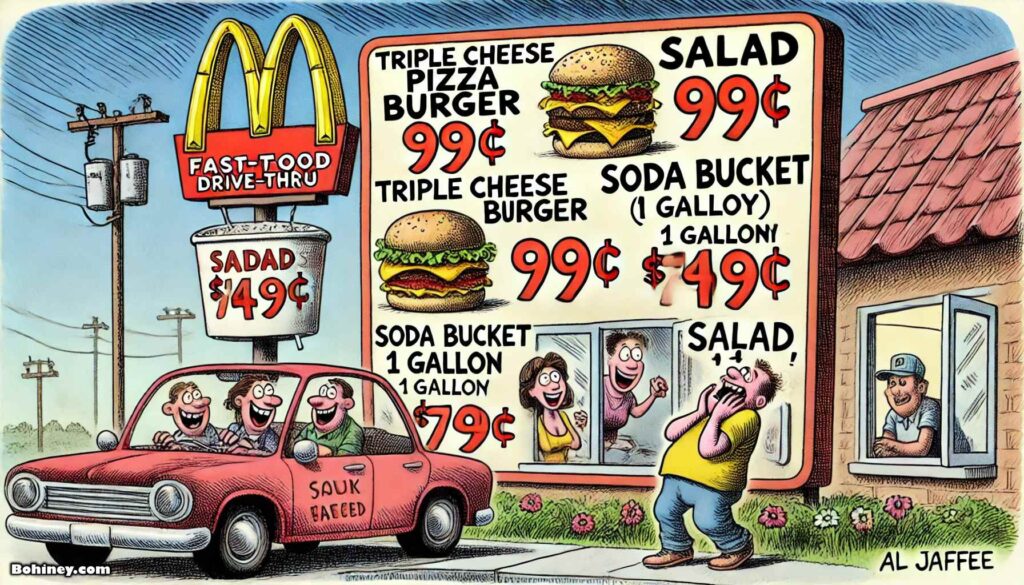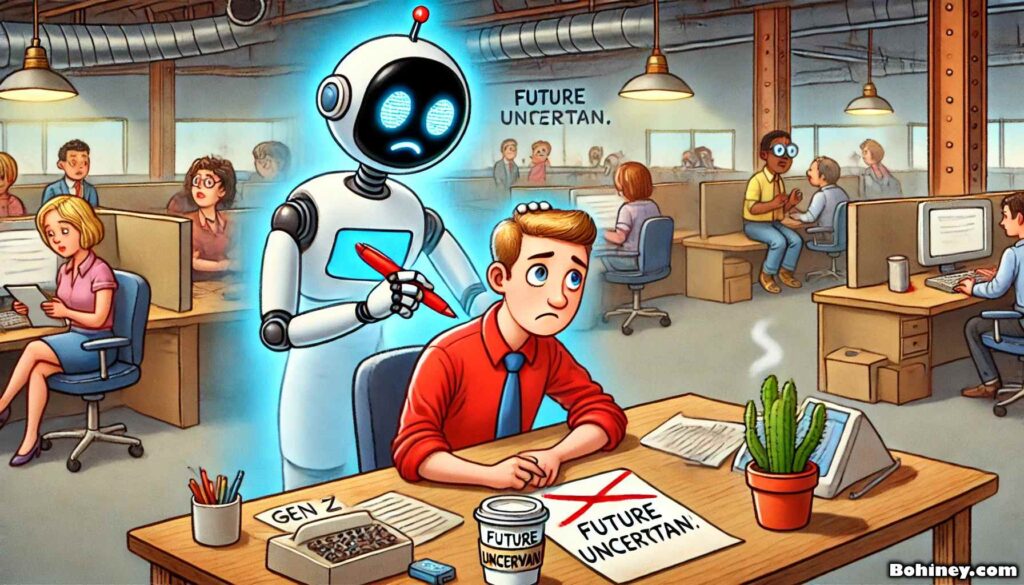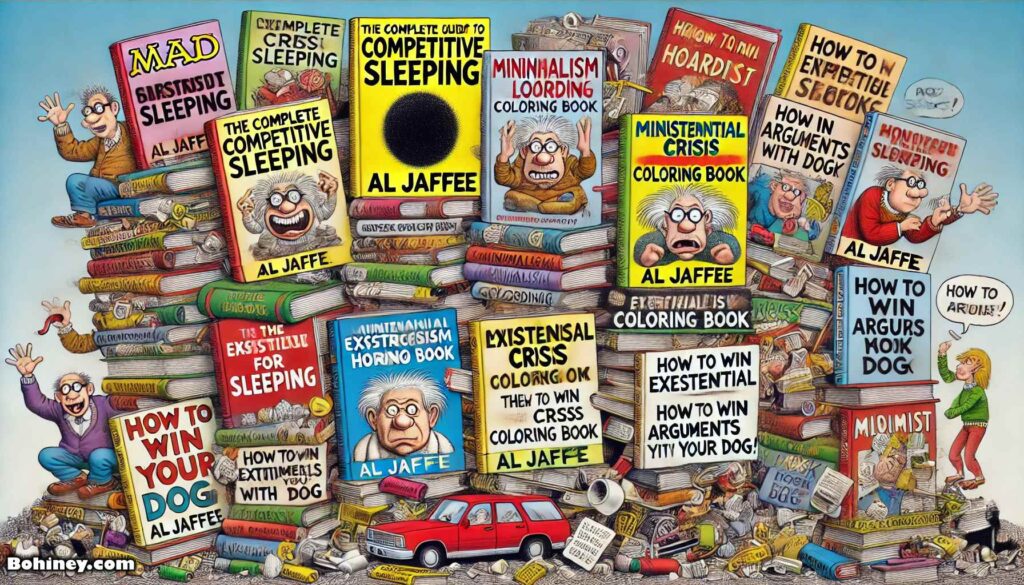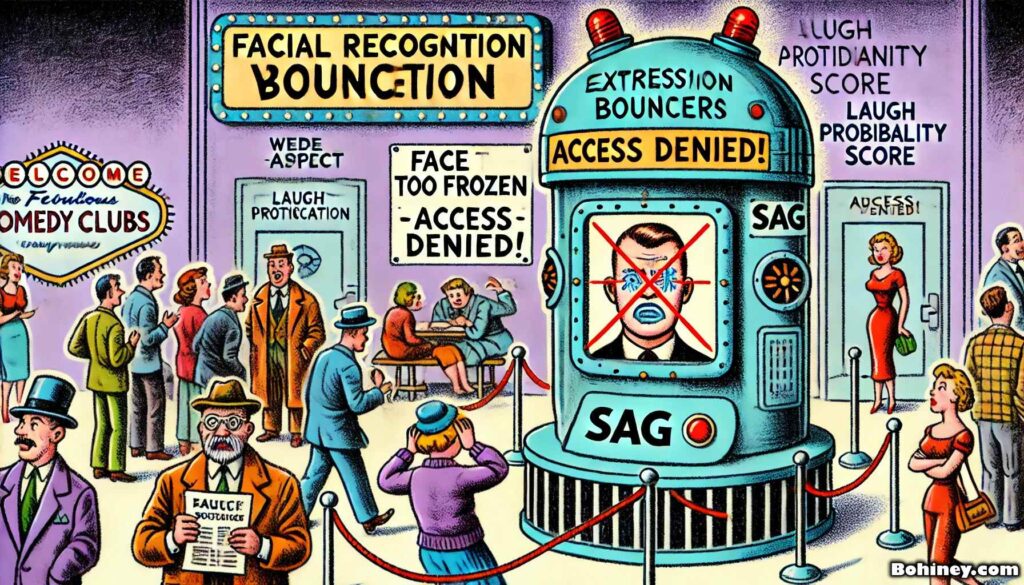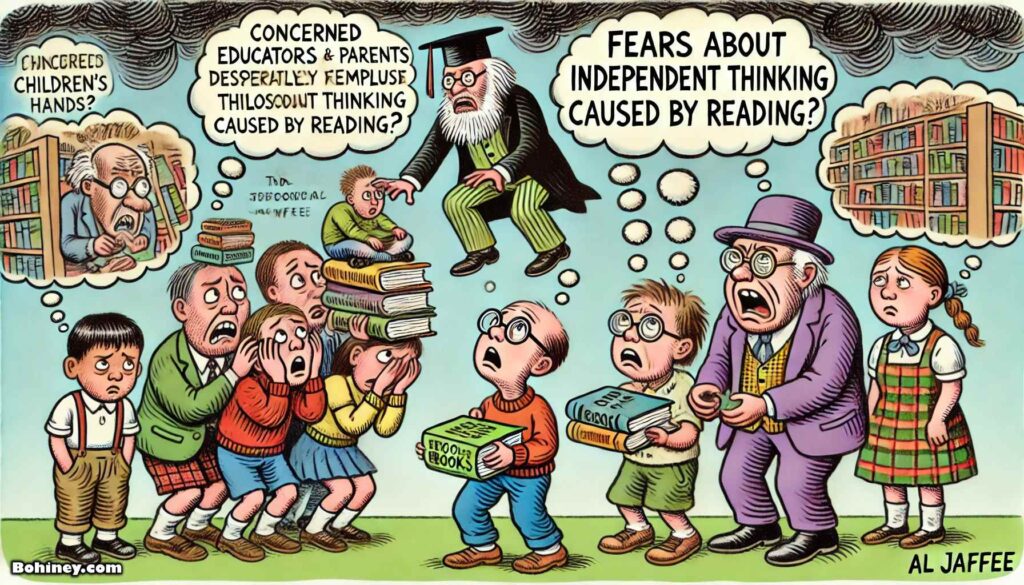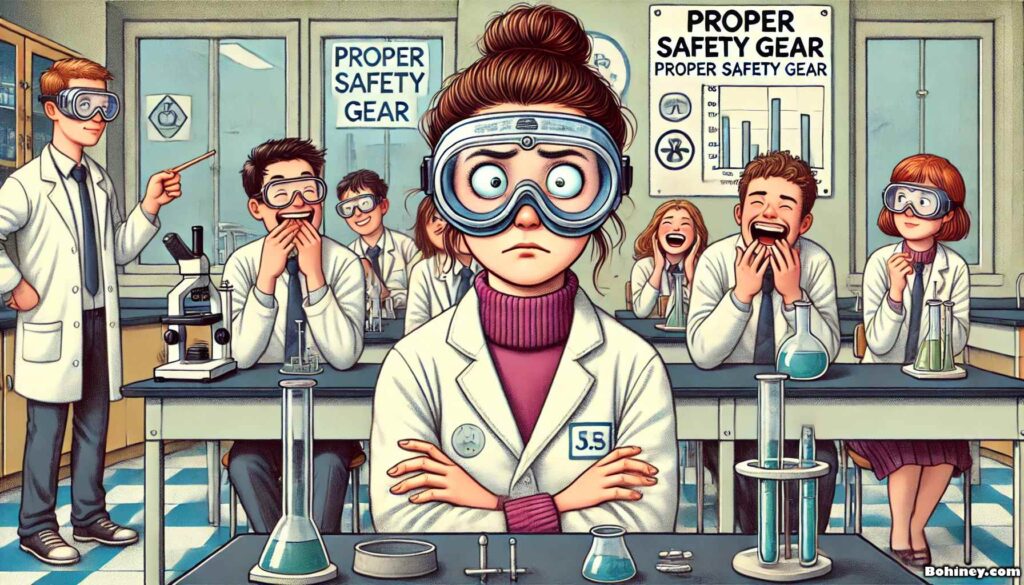The Ultimate Showdown: Marcos vs. Duterte in the Political Cage Match of the Century
The Tale of Two Dynasties
In the vibrant archipelago of the Philippines, where jeepneys color the streets and karaoke is a national pastime, two political dynasties have emerged as the reigning champions of the nation’s political arena: the Marcoses and the Dutertes. Their saga, filled with power plays, alliances, and betrayals, has now culminated in the most anticipated event in Filipino political history—a no-holds-barred cage match. Move over, Pacquiao; there’s a new main event in town.
A Brief History: From Allies to Adversaries
Once upon a time, in the not-so-distant past of 2022, Ferdinand “Bongbong” Marcos Jr. and Sara Duterte joined forces, riding the wave of the UniTeam alliance to electoral victory. Their partnership was the stuff of legends, akin to Batman and Robin, if Batman had a penchant for flashy jewelry and Robin had a love for motorbikes.
However, like all great duos—Sonny and Cher, Lennon and McCartney, Tom and Jerry—their relationship soured. By mid-2024, cracks began to appear. Sara Duterte resigned from her position as education secretary, stating that her friendship with Marcos was as real as a three-peso bill. Marcos, in turn, expressed feelings of betrayal, claiming he was “deceived” about their camaraderie. It was the political equivalent of a telenovela breakup, complete with dramatic pauses and over-the-top monologues.
The Cage Match Proposal: Democracy Meets WWE
In a move that would make Vince McMahon proud, the International Criminal Court (ICC) proposed that the two titans settle their differences in a cage match. The winner would take all—political power, bragging rights, and a year’s supply of adobo. Gamblers across the nation placed their bets, with many favoring Duterte, citing his experience in “street justice” and rumored blackbelt in verbal judo.
Training Regimens: Preparing for the Rumble
Marcos approached his training with the precision of a Swiss watch. His regimen included:
- Zumba Sessions: To connect with the masses and improve his rhythm, essential for dodging both punches and political scandals.
- Debate Reenactments: Practicing witty comebacks and one-liners, because in Filipino politics, a sharp tongue cuts deeper than any knife.
- Spray-Tan Appointments: Ensuring he looked as golden as his father’s legacy.
Duterte, on the other hand, took a more unorthodox approach:
- Punching Bags with Opponents’ Faces: Rumor has it that one bag bore a striking resemblance to a certain house speaker.
- Midnight Motorcycle Rides: To channel his inner action star and perhaps escape any lingering ICC warrants.
- Karaoke Marathons: Strengthening his vocal cords to out-shout Marcos during the match, because volume equals dominance.
Public Opinion: The People Weigh In
The Filipino populace, known for their resilience and humor, had mixed reactions:
- Lola Maria, 82, Cebu: “Ay naku, I’d rather watch my telenovelas. At least there, the acting is believable.”
- Jun-Jun, 25, Manila: “I’m betting on Duterte. Have you seen his fists? They’re registered weapons!”
- Aling Nena, 54, Davao: “As long as they don’t mess with my sari-sari store, they can knock each other out for all I care.”
The Big Day: Lights, Camera, Action!
The Philippine Arena was packed to the rafters. Vendors sold fishballs and balut, while jeepneys outside displayed banners like “Team Marcos” and “Duterte Diehard Supporters.” The atmosphere was electric, reminiscent of a fiesta, but with more political undertones and fewer lechon.
As the cage descended, both combatants entered:
- Marcos: Donning a barong tagalog-inspired robe, he waved to the crowd with the confidence of someone who’d been there before—because he had, vicariously through his father’s portraits.
- Duterte: Clad in a leather jacket, he lit a cigarette, took a puff, and then extinguished it on his own forehead—a move that both terrified and confused onlookers.
Round 1: The Verbal Spar
Before any physical blows, the two engaged in a war of words:
- Marcos: “You think you can intimidate me with your tough-guy act? I’ve faced bigger threats—like the PCGG.”
- Duterte: “At least I don’t need a script to speak. How’s your teleprompter doing?”
The crowd oohed and aahed, enjoying the repartee more than a lunchtime chismis session.
Round 2: The Dance-Off
In a surprise twist, the ICC introduced a dance-off segment, believing that true leaders must have rhythm. Marcos showcased his Zumba skills, moving with the grace of a slightly rusty robot. Duterte countered with a spontaneous tinikling, using the cage bars as improvised bamboo poles. Judges awarded this round to Duterte, citing creativity and a blatant disregard for safety.
Round 3: The Actual Fight
Fists flew, but not with the fury expected. It was evident that both had spent more time in air-conditioned offices than in boxing gyms. Marcos attempted a “People Power Punch,” which missed by a mile. Duterte responded with a “DDS Dropkick,” but gravity reminded him of his age.
The Unexpected Finale: A Nation’s Decision
As both men panted and leaned on the cage for support, a voice echoed through the arena. It was Lola Maria, armed with a megaphone:
“Enough of this nonsense! Why don’t we let the people decide, like in a proper democracy?”
The crowd fell silent, then erupted in applause. In an impromptu referendum, attendees voted via text message (standard rates applied). The result? A unanimous decision to focus on real issues—like traffic, unemployment, and the rising cost of onions.
Conclusion: Lessons Learned
The Marcos-Duterte cage match, while entertaining, served as a poignant reminder that political theatrics, though amusing, are no substitute for genuine governance. The Filipino people, with their unwavering spirit and sharp wit, deserve leaders who prioritize progress over pugilism.
As the arena emptied and the nation returned to its daily grind, one thing was clear: in the Philippines, the true strength lies not in the fists of its leaders, but in the hands of its people.
Disclaimer:
This article is a satirical piece and should not be taken as factual reporting. Any resemblance to real events or persons is purely coincidental. No politicians were harmed in the making of this satire. This story is a collaborative effort between a cowboy and a farmer, aiming to shed light on the absurdity of political theatrics.

What the Funny People Are Saying
“This is the first time a presidential fight has actual body slams instead of just slamming the poor!” — Vice Ganda
“Duterte vs. Marcos in a cage match? Finally, something more scripted than their political speeches!” — Michael V.
“You know it’s bad when the ICC is like, ‘We won’t prosecute you… if you just beat the crap out of each other.’” — Eugene Domingo
“Filipino elections are already like a circus—now we just made it official with a wrestling ring!” — Ramon Bautista
“Marcos is fighting for his father’s legacy. Duterte is fighting for… what, exactly? Extra-judicial dominance?” — Pokwang
“Imagine explaining this to Jose Rizal: ‘So, the two biggest political families are solving their issues… with a cage match.’” — Red Ollero
“If Marcos Jr. loses, does he declare martial law on the ring? Asking for a country.” — Jon Santos
“In other countries, politicians debate policies. Here, they debate weight classes.” — Marlou Arizala
“They should’ve done this during the election instead of campaigning. At least we’d know who can actually take a hit.” — KaladKaren
“You know it’s serious when Sara Duterte is in the corner, holding a folding chair.” — Alex Calleja
“The Philippines: Where politics is a sport, and sports are political.” — Ryan Rems
“Wrestling has ‘kayfabe,’ Filipino politics has ‘plunder cases.’ Both involve a lot of acting!” — Victor Anastacio
“Can we have a rule where every corrupt politician must fight for their position? It would clear Congress FAST!” — Wacky Kiray
“Duterte probably trained by hitting journalists. Marcos probably trained by dodging accountability.” — Rufa Mae Quinto
“When they say ‘fight for the nation,’ I didn’t think they meant literally.” — Ogie Diaz

15 Observations on the Marcos-Duterte Cage Match
-
The Ultimate Political Pay-Per-View
Who needs elections when you can settle political disputes with a cage match? It’s democracy meets WWE!
-
From Debates to Body Slams
Forget political debates; the new norm is suplexes and chokeholds. Next up: Senate hearings in a steel cage!
-
Campaign Slogans: “Float Like a Butterfly, Sting Like a Bee”
Marcos and Duterte’s new campaign managers are now professional wrestling coaches.
-
Political Platforms or Wrestling Moves?
“I’ll lower taxes” has been replaced with “I’ll deliver a flying elbow drop from the top rope!”
-
Polling Stations or Training Gyms?
Voters are now more interested in bench press stats than policy positions.
-
Foreign Policy via Dropkick
Diplomatic relations are now handled with tag-team matches.
-
State of the Union: SmackDown Edition
The annual address now includes a halftime show with folding chairs and body slams.
-
Legislation by Submission Hold
Passing a bill requires a successful pinfall or submission.
-
The Speaker of the House as Referee
Ensuring fair play and counting the 1-2-3s.
-
Filibusters with Pile Drivers
Long speeches are out; powerbombs are in.
-
Campaign Finance Reform: Winner Takes All
Loser funds the national budget.
-
Debate Moderators in Referee Stripes
Ready to call out low blows—both verbal and physical.
-
Political Endorsements from Wrestling Legends
Hulk Hogan for Secretary of Defense, anyone?
-
Concession Speeches in the Form of Tap Outs
“I concede” now replaced with frantic tapping on the mat.
-
Victory Speeches with Championship Belts
Winners hoist belts instead of giving speeches.
Analysis of the Top 10 Observations
The Ultimate Political Pay-Per-View
In a world where political debates have become mundane, the Philippines introduces the ultimate spectacle: a cage match to determine the nation’s leader. Experts predict record-breaking viewership, surpassing even the most anticipated boxing matches. Political analysts suggest that this method could increase voter engagement, as citizens are more likely to tune in to a body slam than a policy discussion.
From Debates to Body Slams
Gone are the days of monotonous speeches and rehearsed talking points. Candidates now train in mixed martial arts to prepare for elections. Political science professors note that this shift adds a new dimension to leadership qualities, emphasizing physical prowess alongside intellectual capabilities.
Campaign Slogans: “Float Like a Butterfly, Sting Like a Bee”
Marketing teams have rebranded candidates as wrestling personas. Marcos enters the ring as “The Ilocos Intimidator,” while Duterte dons the moniker “The Davao Destroyer.” Merchandise sales have skyrocketed, with supporters sporting foam fingers and championship belts.
Political Platforms or Wrestling Moves?
Policy proposals are now delivered through choreographed wrestling moves. Marcos’ “Economic Elbow Drop” promises to crush inflation, while Duterte’s “Healthcare Hammerlock” aims to submit rising medical costs. Voters appreciate the visual representation of complex policies.
Polling Stations or Training Gyms?
Citizens are encouraged to participate in public training sessions to show support for their preferred candidate. Gyms have replaced traditional campaign offices, and fitness trainers have become key political advisors. Public opinion polls now include questions about bench press capabilities.
Foreign Policy via Dropkick
Diplomatic negotiations have taken a turn towards the theatrical. International disputes are settled in the ring, with leaders performing signature moves to assert dominance. Political scientists observe that this approach reduces the likelihood of prolonged conflicts, as outcomes are decided within a three-count.
State of the Union: SmackDown Edition
The annual address to the nation now features pyrotechnics and entrance music. The President delivers updates on national issues between rounds of wrestling matches. Citizens report higher levels of engagement and retention of information presented in this format.
Legislation by Submission Hold
Passing new laws requires legislators to face off in the ring. Debates are replaced with wrestling matches, where the victor’s bill proceeds to the next stage. Legal scholars argue that this method expedites the legislative process and adds an element of accountability.
The Speaker of the House as Referee
The Speaker now dons a black-and-white striped shirt, maintaining order during parliamentary sessions. They have the authority to call fouls and eject unruly members from the ring. This change has led to a more disciplined and respectful legislative environment.
Filibusters with Pile Drivers
Lengthy speeches have been replaced with wrestling maneuvers. Senators perform pile drivers to delay votes, adding a physical challenge to the procedural tactic. Political commentators note that this development has significantly reduced the occurrence of filibusters.
Disclaimer
The events and scenarios described above are purely satirical and fictional. They are not reflective of actual political practices in the Philippines or any other country. No politicians were harmed in the making of this satire. This piece is a collaborative effort between a cowboy and a farmer, aiming to bring humor to the complex world of politics.
The ICC’s Secret Fight Club: How the International Criminal Court Uses MMA to Settle Global Disputes
Move over Geneva Conventions, there’s a new way to handle international conflicts, and it doesn’t involve diplomacy, peace treaties, or exhausting legal proceedings. According to newly leaked documents (that may or may not have been scribbled on the back of a McDonald’s napkin), the International Criminal Court (ICC) has been settling global disputes the old-fashioned way: through Mixed Martial Arts (MMA) fights.
Forget long trials, legal loopholes, and appeals that stretch on for decades—when world leaders can’t agree, the ICC allegedly steps in with a “Winner-Takes-All” Octagon Match. Think of it as The Hague Meets the UFC, except with a slightly better dress code.
The Long History of ICC Cage Fights
While the ICC publicly presents itself as a global legal body prosecuting war crimes, crimes against humanity, and genocide, insiders claim the real action happens in underground fighting rings. According to anonymous diplomats (who are definitely not just fans of WWE), international leaders who refuse to play nice are thrown into an Octagon of Justice where they settle their issues mano-a-mano.
Historians trace this back to 1945, when the Nuremberg Trials nearly collapsed because of excessive bureaucracy. Tired of paperwork, the judges allegedly locked a few Nazi leaders in a boxing ring and told them, “Last man standing gets life in prison.” After that, the precedent was set.
Some of the ICC’s Most Legendary Fights Include:
-
Fidel Castro vs. Nikita Khrushchev (1962)
Fight Name: “The Bay of Brawls”
With the Cuban Missile Crisis spiraling out of control, the ICC arranged a bare-knuckle brawl between Castro and Khrushchev. The Soviet leader, known for pounding his shoe on desks, attempted to intimidate Castro with loud foot-stomping techniques, but the Cuban dictator dodged every blow with his signature “Cigar Slip” maneuver. The fight was declared a draw when both fighters ran out of breath. -
Margaret Thatcher vs. Argentine Junta (1982)
Fight Name: “The Falklands Face-Off”
Instead of a prolonged military conflict over the Falklands, the ICC forced the Iron Lady to go toe-to-toe with the entire Argentine junta in a 3-on-1 tag-team match. Thatcher won by pile-driving General Galtieri through the announcer’s table. -
George W. Bush vs. Saddam Hussein (2003, Underground Fight League Edition)
Fight Name: “Weapons of Mass Destruction or Just a Good Right Hook?”
While history tells us the U.S. launched an invasion of Iraq over WMDs, leaked reports suggest that Saddam was given the option to fight Bush in a Texas Death Match instead. He refused, claiming “fighting a Texan in a cowboy hat was unfair.” -
Kim Jong-un vs. Dennis Rodman (2014, Exhibition Fight)
Fight Name: “Friendship Falls Apart”
The ICC initially planned to use Rodman’s influence to convince Kim to abandon his nuclear program, but when talks broke down, they threw both men into a steel cage. North Korean state media falsely reported that Kim won by “flying dragon fist,” but leaked footage shows Rodman landing an accidental elbow that knocked Kim out cold. -
Zelenskyy vs. Putin (2022, Cancelled Due to Cowardice)
Fight Name: “The Kyiv KO”
When the ICC proposed an MMA fight to settle the Ukraine invasion, Zelenskyy agreed immediately. Putin refused unless he was allowed to fight shirtless on a horse. The ICC ruled this as “too ridiculous, even for us.”
Marcos vs. Duterte: The Philippines Joins the Roster
Now, history repeats itself as Ferdinand “Bongbong” Marcos Jr. and Rodrigo Duterte prepare to fight in the ICC’s latest legal-turned-physical brawl.
Experts say this might be the most brutal ICC fight yet, given that both contenders have strong family legacies and a deep-rooted hatred of being challenged.
Strengths and Weaknesses:
| Fighter | Strengths | Weaknesses |
|---|---|---|
| Marcos Jr. | Born into wealth, can afford top trainers, might declare Martial Law in the ring | Prone to disappearing when things get tough, prefers legal battles over physical ones |
| Duterte | Street-fighting experience, knows how to scare people into submission | Chain-smokes too much, rumored to gas out after 5 minutes, could be distracted by karaoke machines |
Gambling Odds (According to Underground Bettors)
- Duterte (-250 Favorite): Most gamblers believe the former president has the edge, given his background in violent rhetoric and street fights.
- Marcos Jr. (+300 Underdog): Some think he’s been hiding a secret “Ilocano Iron Fist” technique.
- Surprise Interference Bet (+1000): A wild Sara Duterte entering the cage with a steel chair is a dark horse bet.
What’s Next for ICC Fight Night?
The success of Marcos vs. Duterte means the ICC is already booking its next set of MMA fights:
-
Joe Biden vs. Donald Trump: “The Geriatric Grand Prix”
- Special rules: Fighters must take a break every 5 minutes to complain about taxes.
-
Xi Jinping vs. The Dalai Lama: “The Tibetan Takeover”
- Special rules: Dalai Lama can summon spiritual powers, Xi can call in a thousand NPCs from Chinese state media.
-
Israel vs. Palestine: “The Tag Team of Doom”
- Special rules: Fighters must actually listen to each other’s points before swinging.
Conclusion: The Future of Diplomacy?
Some critics argue that settling disputes via MMA fights is “barbaric” and “irresponsible.” However, given the alternative—long-winded political negotiations that never go anywhere—many people support the ICC’s underground approach.
A recent survey of world leaders found that 70% would rather risk a black eye than sit through another pointless UN conference. If that’s not a sign of success, what is?
Until then, Marcos vs. Duterte is the fight to watch—because in Philippine politics, the real battles aren’t won at the ballot box, they’re won in the ring.
The post CAGE FIGHT: Marcos vs. Duterte appeared first on Bohiney News.
Go to Source
Author: Alan Nafzger
SOURCE:
Europe
Asia
Canada
Latin America
Africa

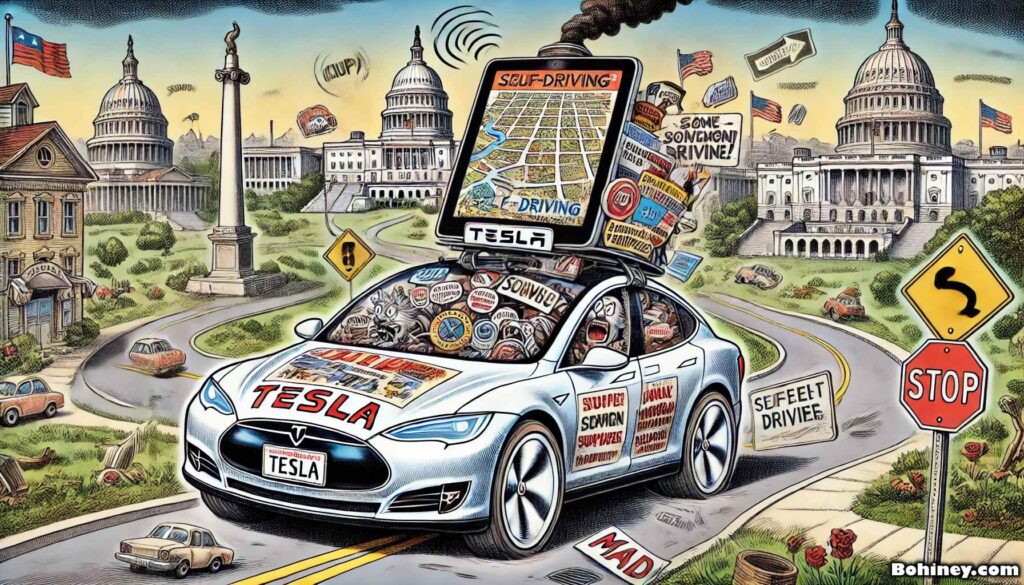










 will take over the streets and demand everyone invest in
will take over the streets and demand everyone invest in 







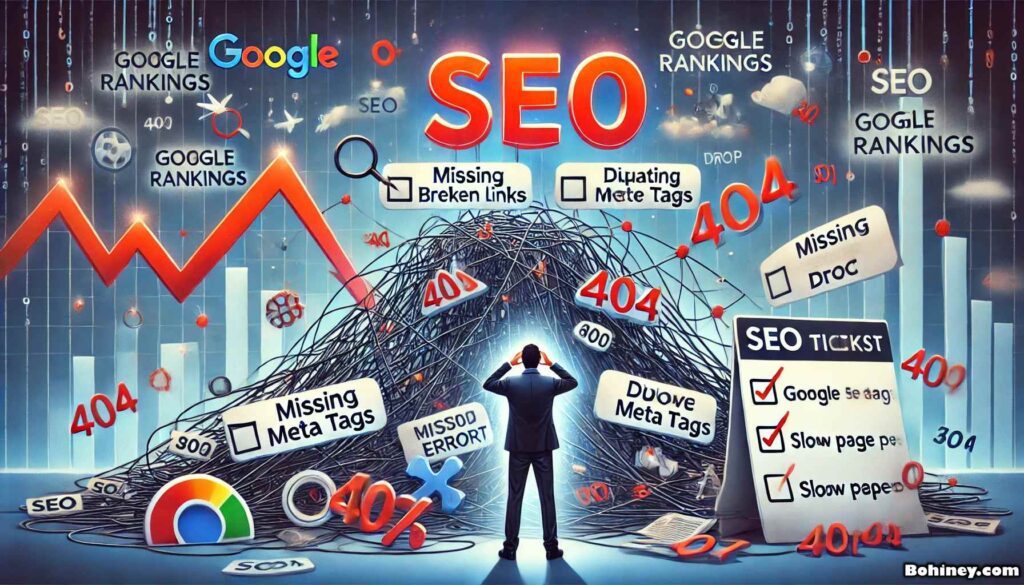



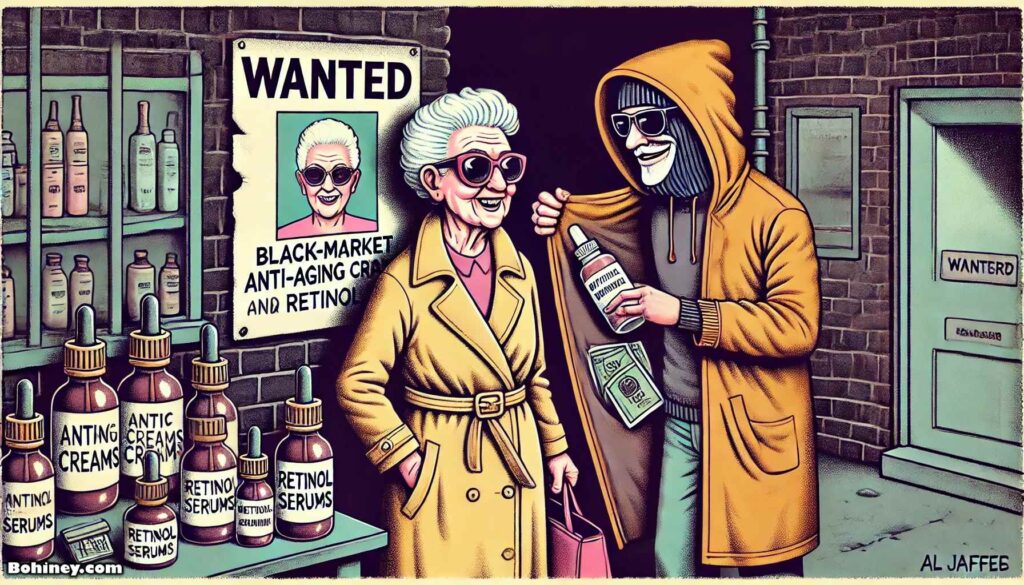







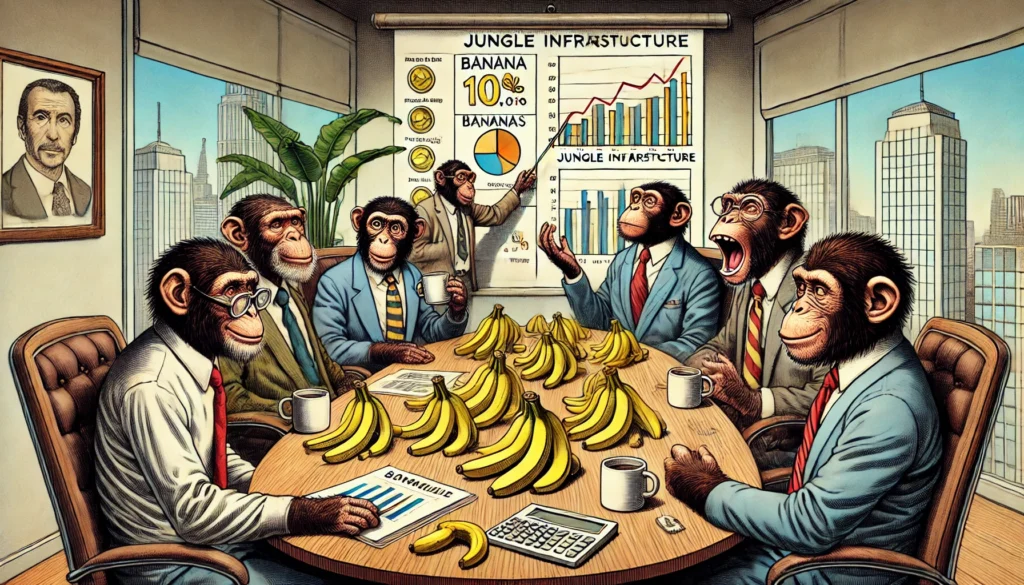




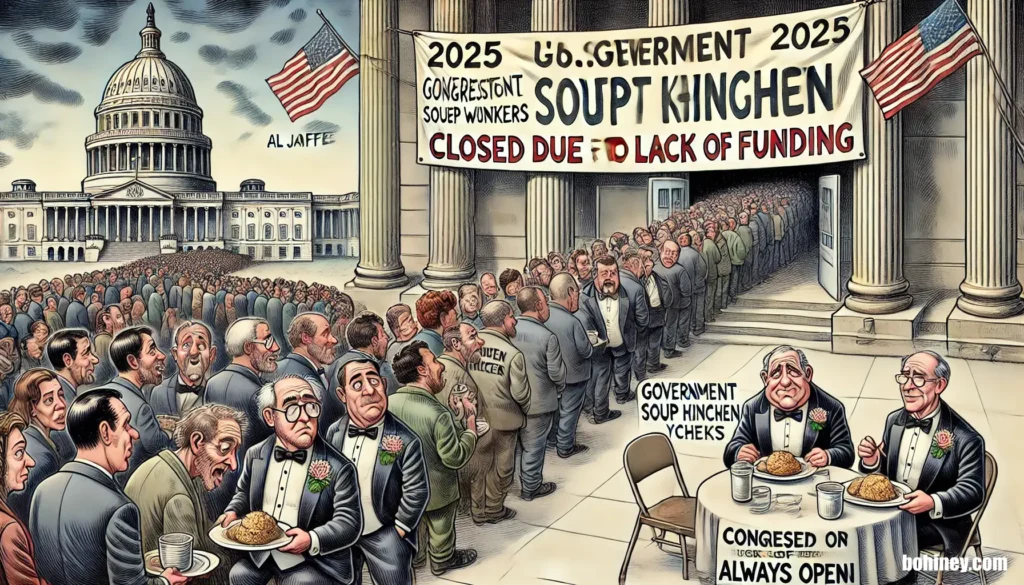


 ” before vanishing into a Tesla Roadster and speeding away into a financial black hole.
” before vanishing into a Tesla Roadster and speeding away into a financial black hole.
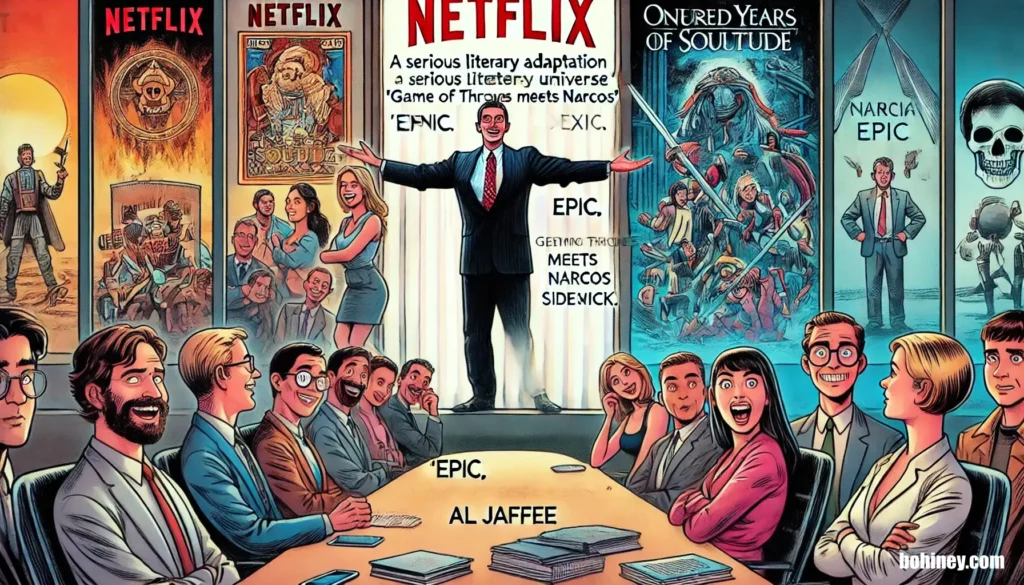

 Change the setting to
Change the setting to 


